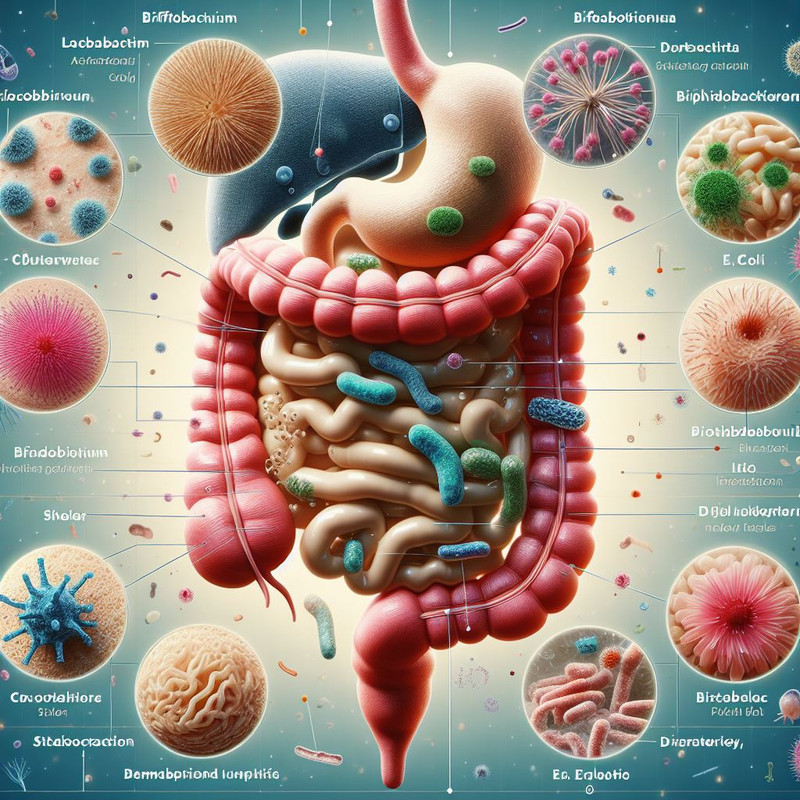We don’t want germs. We domestos them dead. And bacteria is part of what we call germs. But it seems very odd that the same bacteria we kill outside our bodies is also responsible for keeping us well inside.
So let’s start with what they are, what they do, why they are important to us, what we can do to keep them happy (all 38 trillion of them) and as a bonus, highlight the differences between prebiotic, probiotic and post-biotics.
So what’s the bacteria inside of you?
Here is the thing. It’s not only bacteria inside your gut. There are
- Viruses
- Fungi
- Parasites
- Archae (recently discovered) as well.
All these micro-organisms make up your “Gut Microbiome”. Your intestines are a home to an ecosystem to these small organisms and they feed off the food you eat and rely on the warmth on the warmth that your body generates. Quite a smart place to call home.
What do they do?
Humans can’t digest fibre. I am sure you have heard at some point that fibre is good for you but that is weird given that humans can’t naturally digest fibre. But guess who can?
The gut microbes.
The gut bacteria breaks down fibre and releases Short-Chain Fatty Acids (SCFAs). (They have nothing to do with being fat) SCFAs are fatty acids with fewer than 6 carbon atoms.
The three most common are Acetate, Propionate and Butyrate. These SCFAs play crucial roles in the body¹:
- Acetate is important for energy production and synthesis of lipids
- Propionate is mainly involved in producing glucose in the liver and small intestine
- Butyrate is the preferred energy source for cells that line the colon.
Why is they are important?
To answer this, I think it’s easier to highlight the bad things that happen if we don’t take care of our gut microbiome.
Your intestines are very selective about what they absorb into the body. There are also some harmful things produced by the gut bacteria such as bacterial endotoxin which is not harmful when it’s in the intestines but harmful when it gets into the blood.
Butyrate as mentioned above, is the preferred energy source for cells that line the colon. Butyrate is formed from fibre that you eat. It follows that if you eat less fibre, you are eating less of what your intestinal lining needs to stay closed and not feeding the bacteria that form butyrate.
What this leads to is inflammation of the intestinal lining and entrance of bacterial endotoxin into your blood. Leading to inflammation is all of the wrong places in your body.
In addition to that, inflammation in your intestines may lead to colon cancer and other nasty health complications.
How to keep our Gut Microbiome happy
Fibre.
That’s it.
Foods that have fibre are plant based. That is
- Fruits
- Legumes
- Vegetables
- Seeds & Nuts
I do realise however, that this is largely the Zimbabwean diet. From sugar beans to nuts. So I suppose that much of the nation is okay in terms of the gut microbiome. But it’s this second part that is more important.
Foods that affect the gut microbiome
-
Artificial sweeteners. Those found in “diet-drinks” and other similar foods.
- Processed/Refined foods. These deserve an article on their own. But they are more damaging than nutritive to the body and the gut microbiome is not spared.
- Red meat. Seems like beef isn’t responsible for gout only but can also affect your heart and gut.
Prebiotics Vs Probiotics Vs Postbiotics
-
Prebiotics are plant fibers found primarily in foods that contain complex carbohydrates, like resistant starch and fiber. They act as food for bacteria, promoting their growth and health. Foods rich in prebiotics include whole wheat, bananas, soybeans, and greens. Essentially plants
-
Probiotics are live bacteria and yeast contained in cultured foods. They promote healthy digestive function, support immune health, and influence overall wellness. Probiotic-rich foods include yogurt and kombucha.
-
Postbiotics are byproducts of the good bacteria left behind when probiotics ferment prebiotics. They contain dead bacteria, short-chain fatty acids, and peptides that support bodily function
Conclusion
This was not at all exhaustive on the topic of gut microbiota. But I believe that if you were at zero, you now know to spare a thought for the 38 trillion strong army inside your gut.

